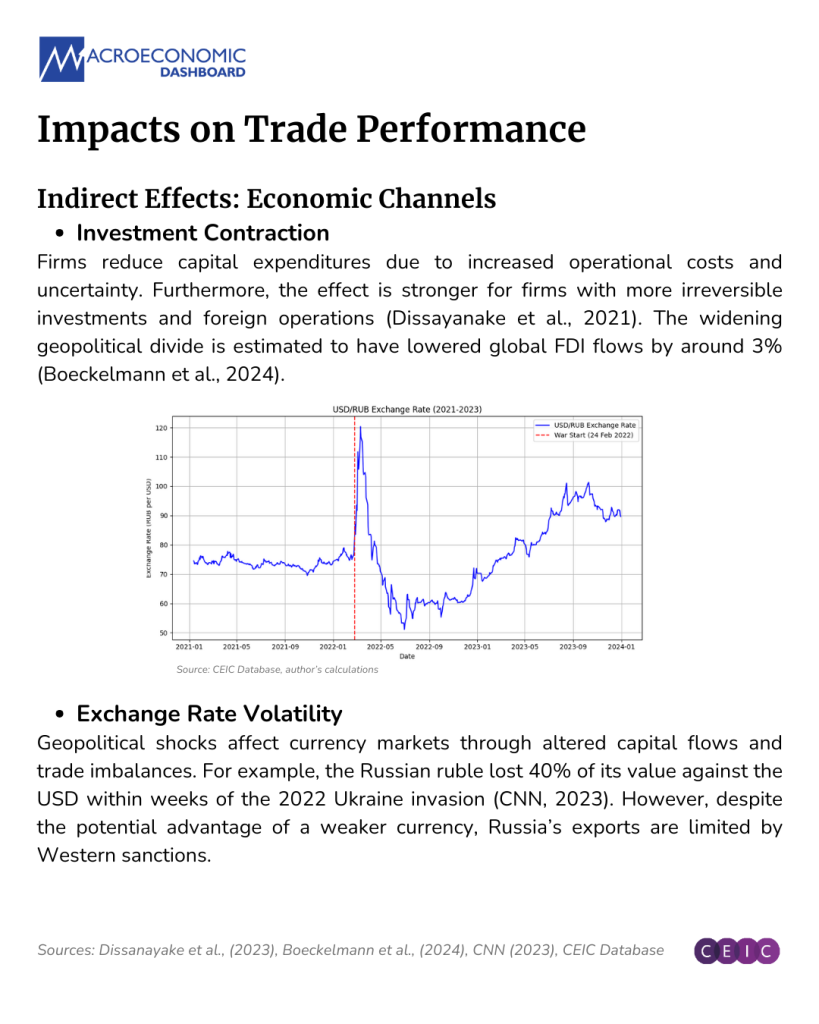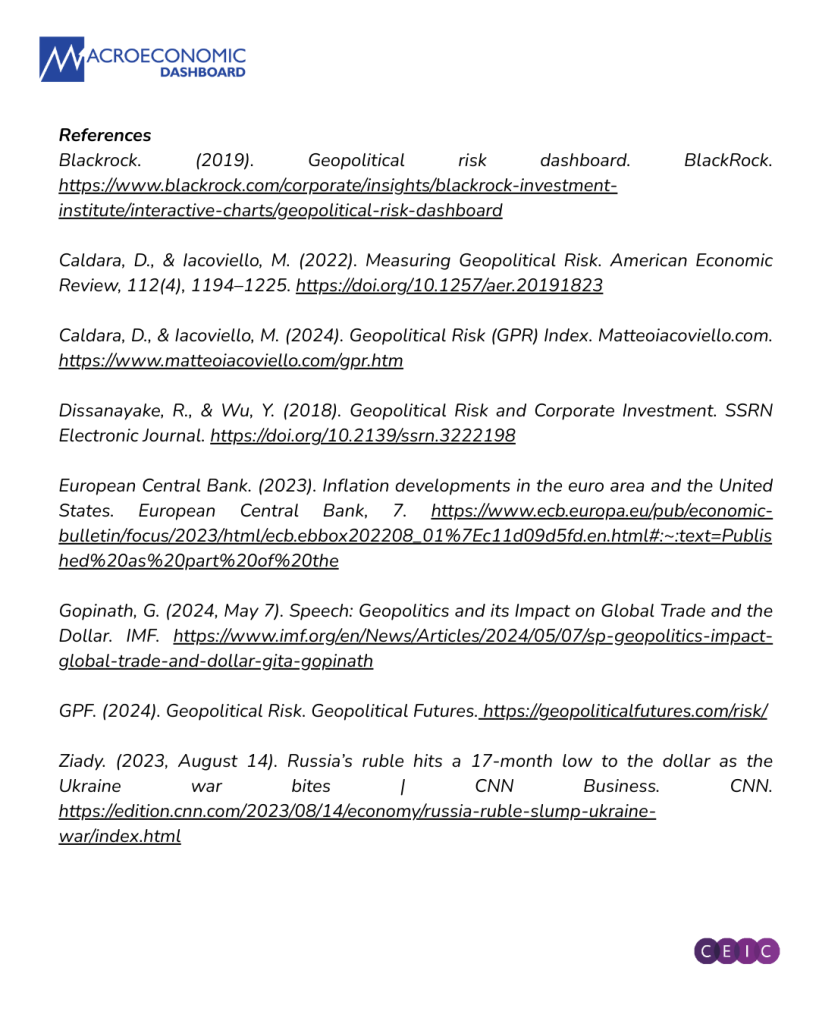Q1 2024 INDONESIA ECONOMIC REPORT
Gross Domestic Product
Indonesia’s economic growth is increasing massively amidst the weak global economy and financial market turmoil putting heavy pressure. In Q1 2024, the economy grew 5,11% (year on year). The main contributor to its growth was strong demand aggregate and budget support as a shock absorber decreasing unemployment rate (Cabinet Secretariat of Republic Indonesia 2024). During the first quarter of 2024, the provincial group in Java Island still showed its spatial influence in the Indonesian economy by recording a role of 57.70 percent despite experiencing a slowdown in growth of 4.84 percent compared to the first quarter of 2023 (year on year) (BPS 2024).
Prospects and Challenges for the New Government
By: Insukindro1
In August, two dates turned out to be very important and interesting to the general public: the first, 17 August 2014. It marked 69th anniversary of Indonesia’s proclamation of Independence, as well as marked by the issuing of New Unitary Republic of Indonesia currency. Second, August 21 2014, marked the issuing of the decision by the constitutional court which in effect signaled approval and recognition of the newly elected President and Vice President (Joko Widodo and Jusuf Kala). The issuing of NKRI currency is not only a manifestation of the implementation of Act No.7/2011 on currency, but also marks an important change in the concept of money in Indonesia from Bank Indonesia currency to the NKRI currency (UNKRI). Bank Indonesia currency (UBI) –which has served as a medium of exchange, medium of payment, and unit of measurement for a long time—BI legal tender, constitutes the obligation/liability of the monetary authority (BI) to society. In other words, Bank Indonesia as merely an independent state institution, is vested with enormous authority. On the other hand, the coming to the fore of NKRI (UNKRI) currency means that the monetary obligation has been shifted to the state, the Unitary Republic of Indonesia (NKRI) represented by the government (Minister of Finance)and Bank Indonesia. UNKRI is not only legal tender but also represents the existence of the state in all elements and sections of life and economic activities of society living in the Unitary Republic of Indonesia. Indeed, the issuing of UNKRI may indicate a decrease in authority and an independence of Bank Indonesia after the establishment of the financial services authority inflation target setting by the government (Insukindro, 2009). However, such a step is important and must be done to ensure that it is not only Bank Indonesia that has the knowledge about the cost and the quantity of currency that is minted, but also the government and representatives of the general public in the national legislative assembly. In the future, it would be better if the quantity of NKRI currency that is minted and circulated is linked well to the government development plan as entailed in the national medium term development plan and the draft of national revenue and expenditure proposals. The last two issues mentioned, will definitely be reflected in the internal balance such as inflation, economic growth, employment opportunities, financial system stability, and external balance, such as balance of payments. Needless to say, realizing all the foregoing will require institution changes in the Bank Indonesia Act.






